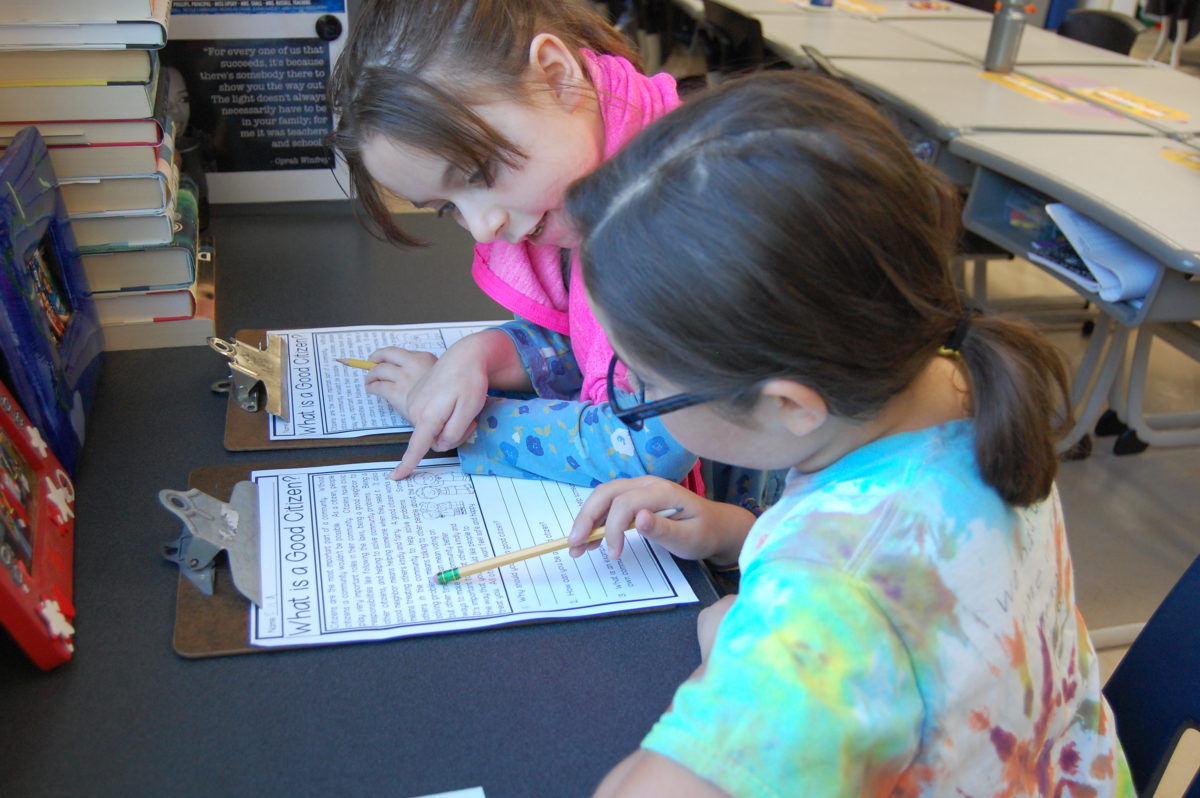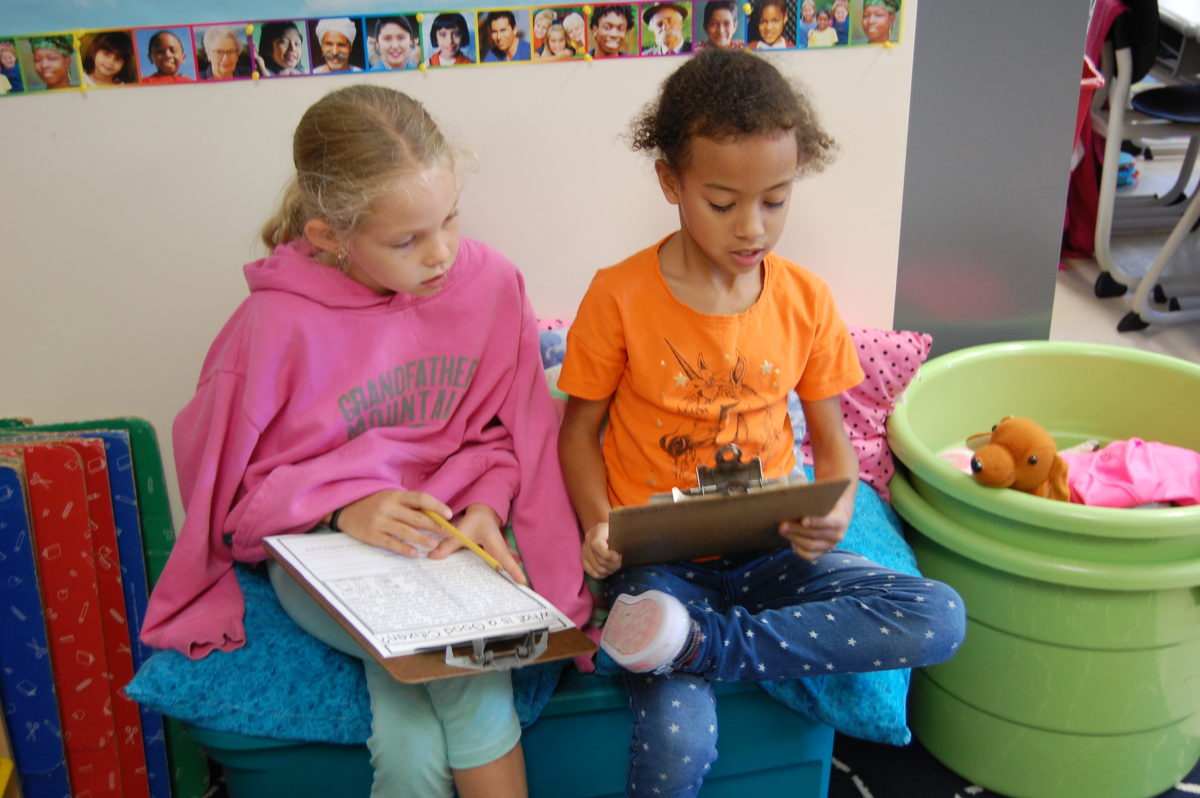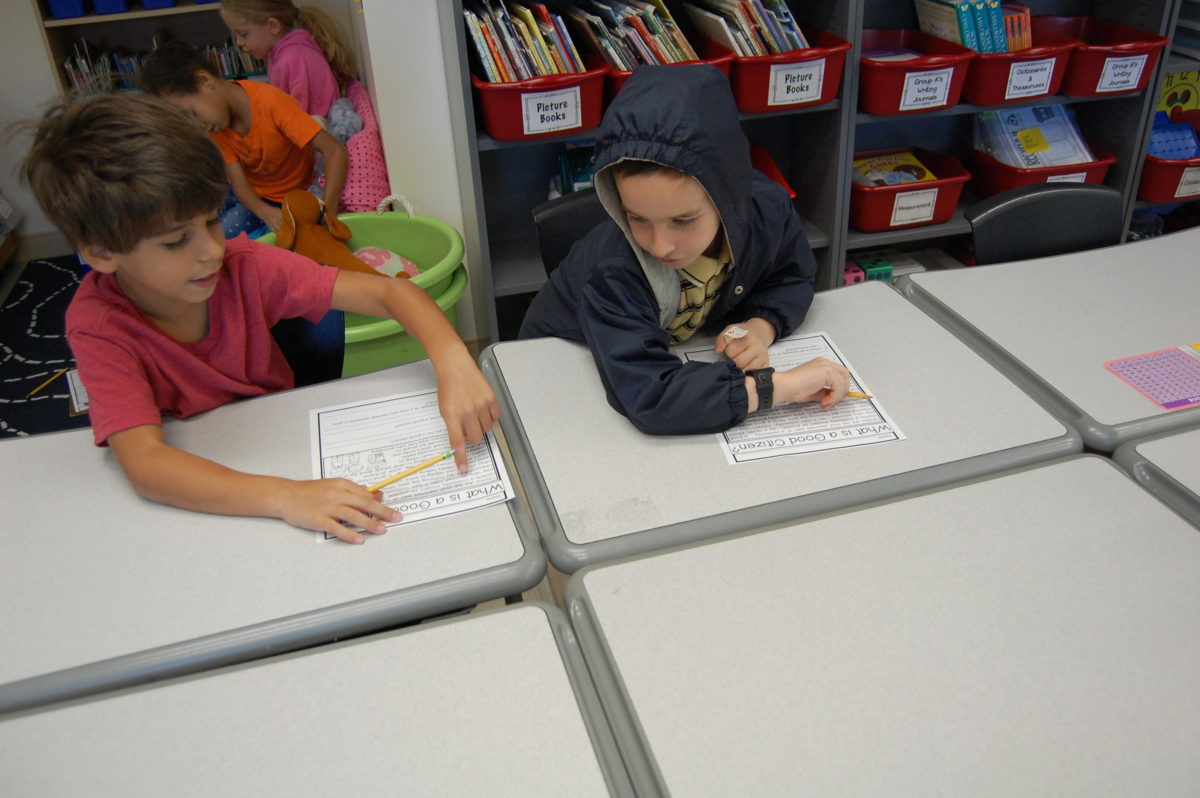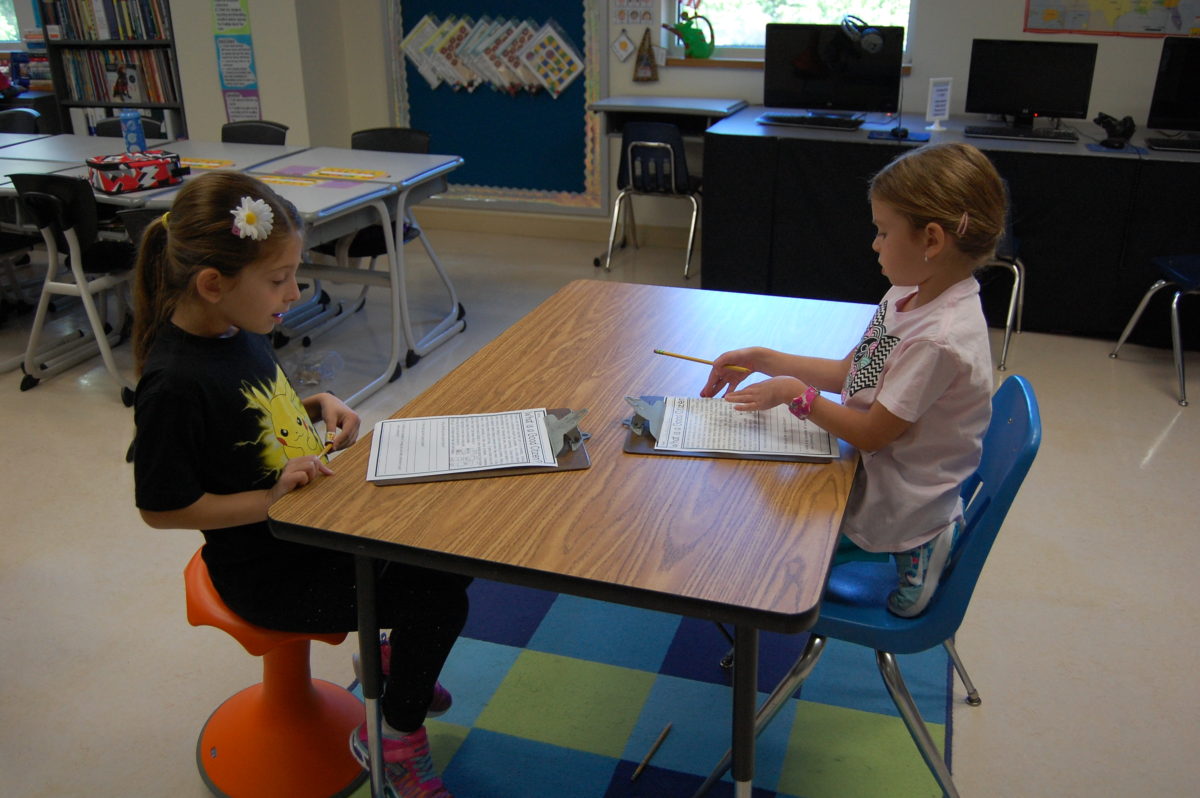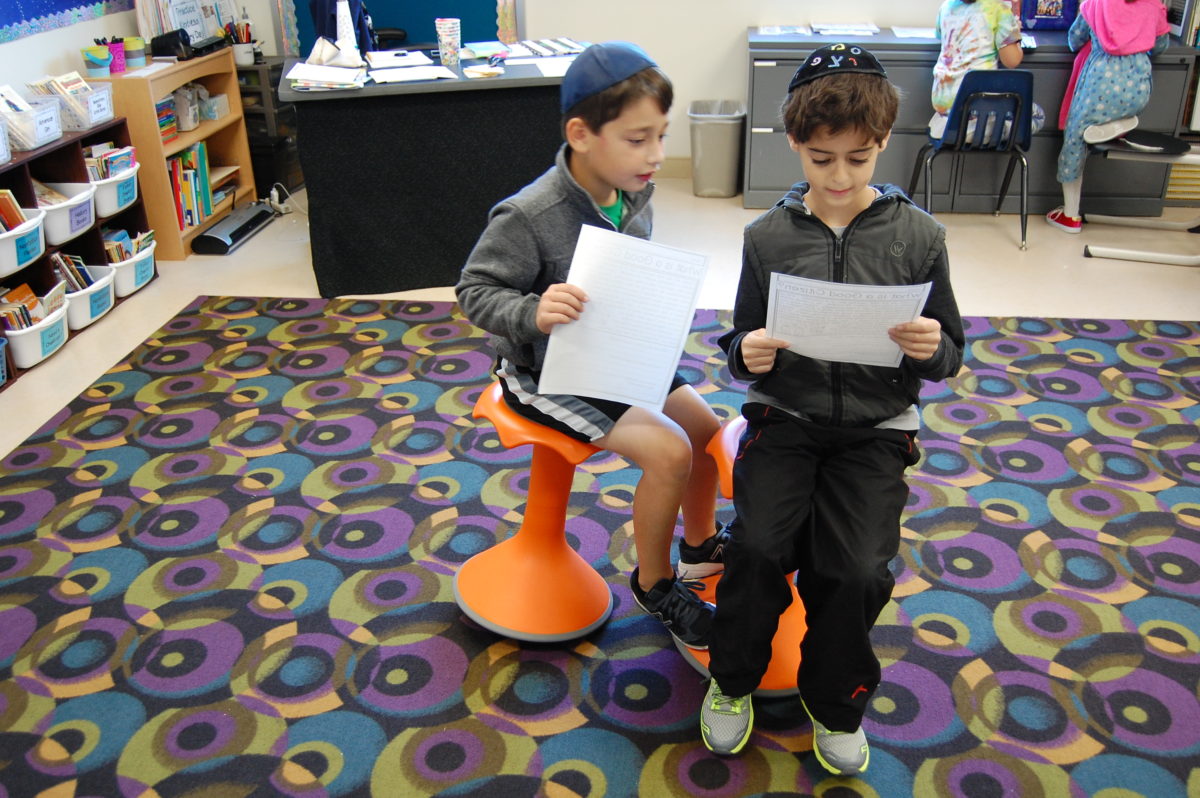Week Three
Happy September! I am excited to report that our class is off to a great start to the school year. We designed our classroom rules and decided what we need to do to reach our goals. The students jumped into their math, reading, and spelling curriculum with great focus and a desire to meet these new challenges!
Reading
The students began their first unit in our Journey’s Reading series this week. Our first story was Henry and Mudge. The students worked at literacy centers to practice sequencing story events, alphabetizing words, and identifying the subject and predicate of a sentence. Second graders should be able to alphabetize words past the third letter of the word. For example, putting words in order like blank, blanket, blend, and blonde. We learned that the subject of a sentence is the “who or the what” (the noun in the sentence) and the predicate is the action (the verb.) For example, in the sentence, “The students worked and played all day”, the subject is the students and the predicate is worked and played all day. The students wrote stories containing the vocabulary words: Curly, straight, floppy, drooled, weighed, stood, collars, and row. All of these vocabulary words come from the story Henry and Mudge.
Next week, we will continue the beginning of the year reading assessments that determine the students’ reading levels (this will help them pick out and bring home books closer to their reading ability!)
Below the students are working together to put words in alphabetical order! You can see them looking up at the alphabet for help.
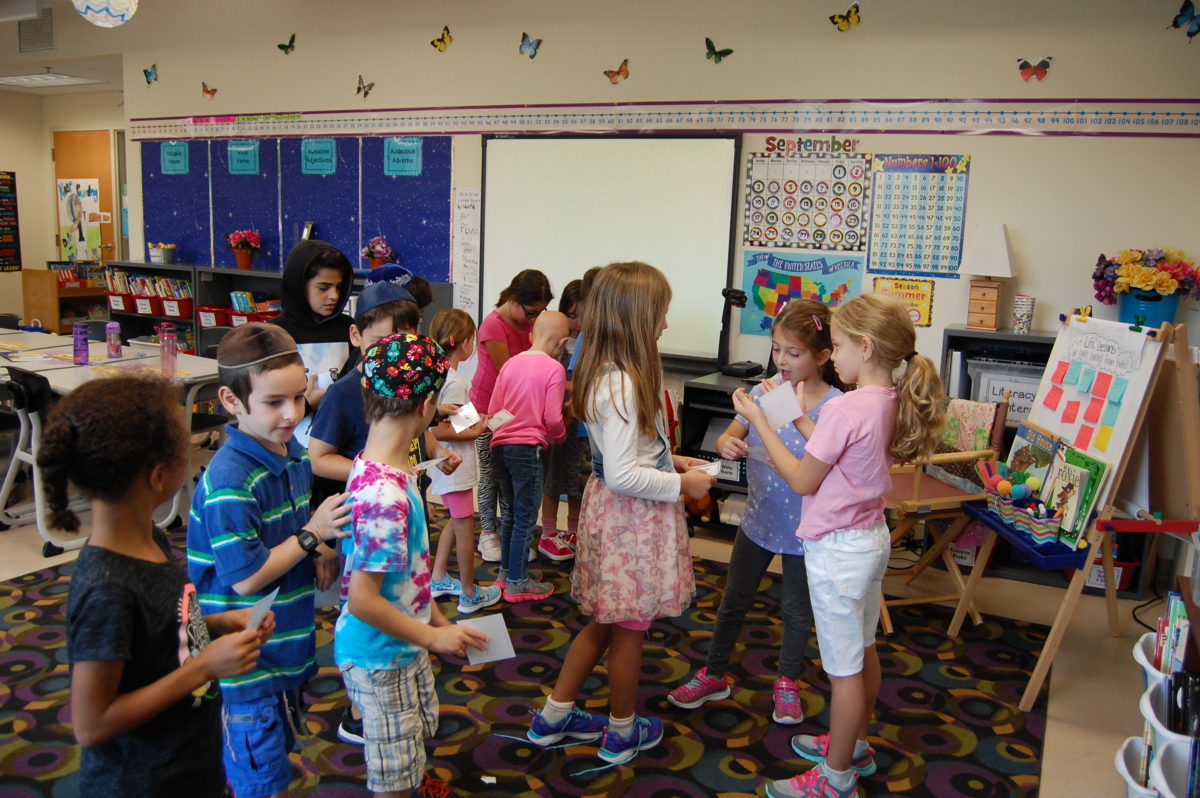
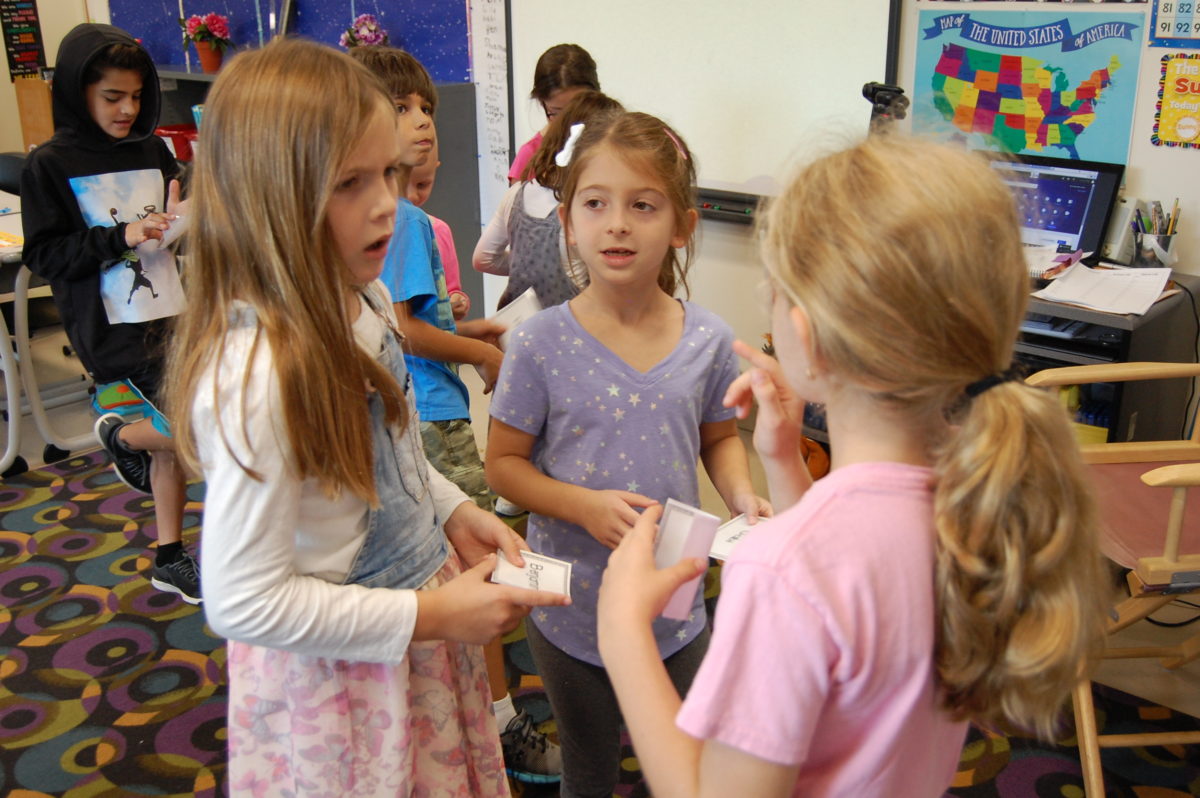

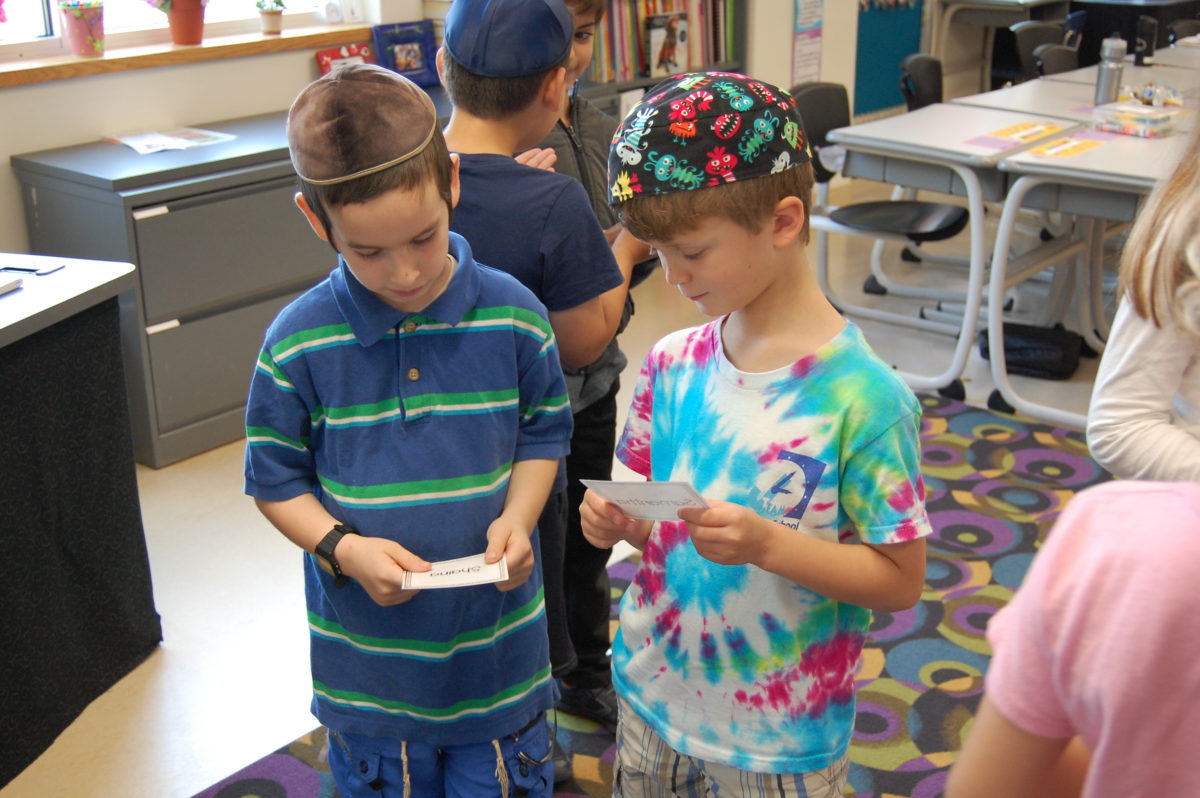
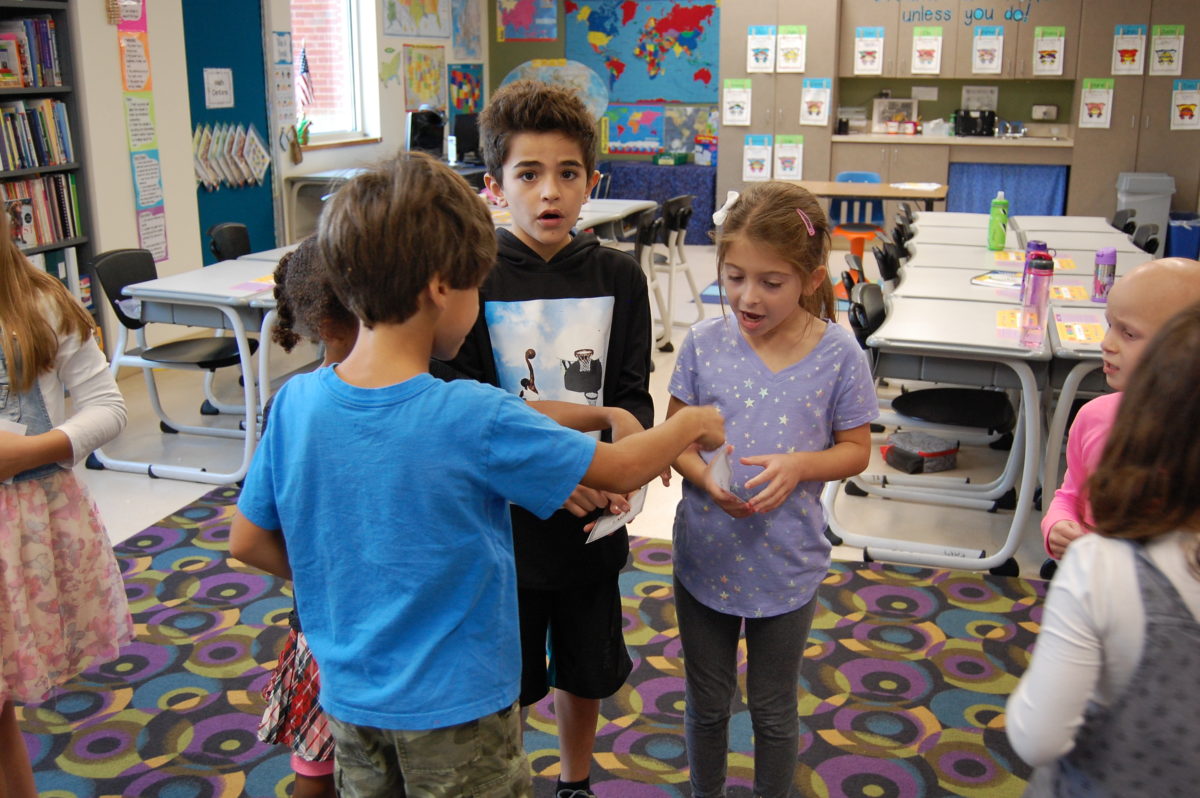
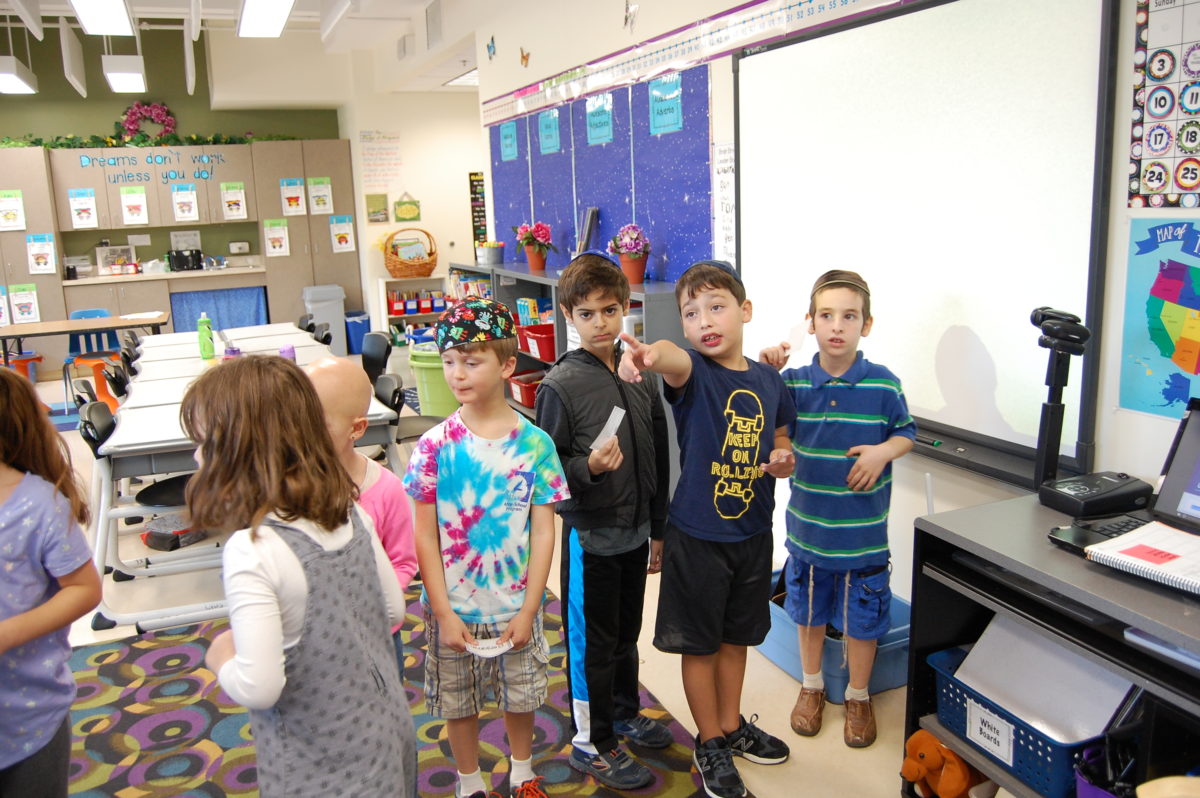
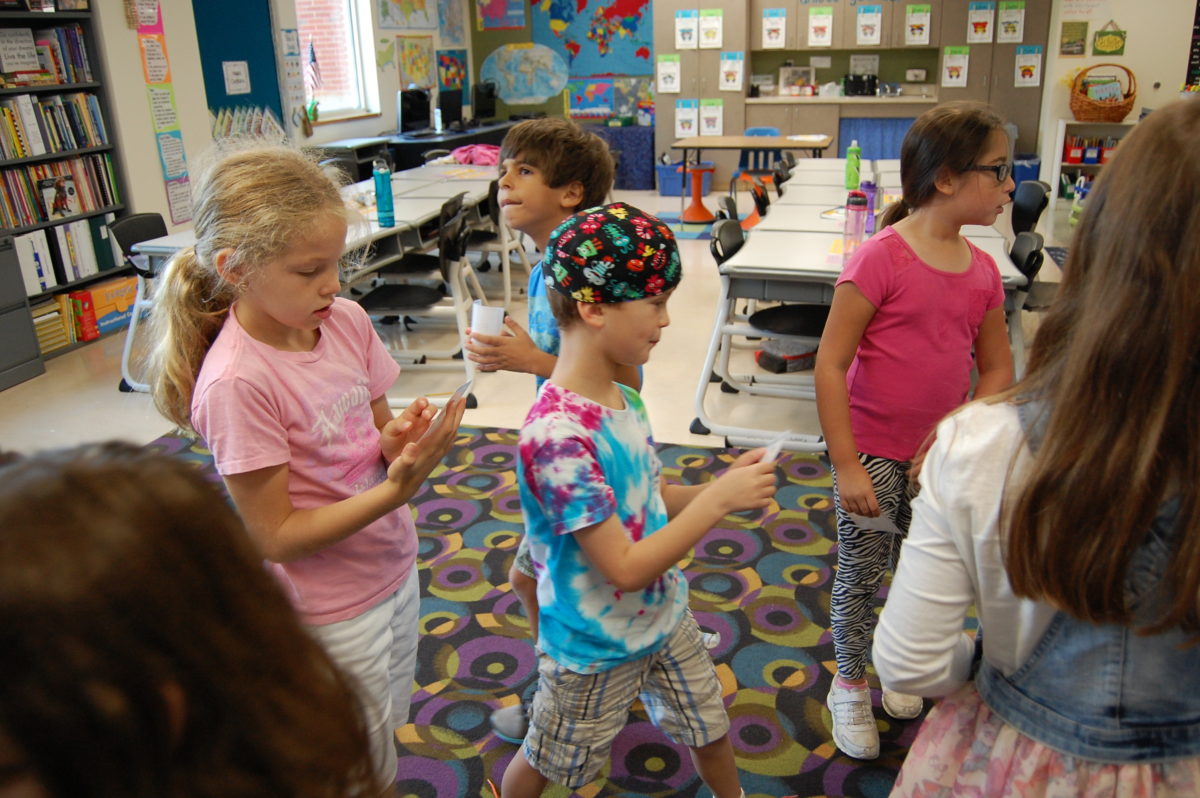
Spelling
The students took their first spelling test today on words containing short and long “a” sounds. Throughout the week we practice our words by sorting them based on their sounds and the way they look. During their reading centers, the students do an activity called, “Look, say, cover, spell, check.” This is a great way to practice spelling words at home too! All the students need to do is look at a word, say it out loud, cover it up with their hand, spell the word, and remove their hand to check the word. Our words next week will contain the long or short “e” sounds. For example: bed, reason, and asleep.
Here are the students quizzing their partners on their words. Graded spelling tests are in the students’ planners.
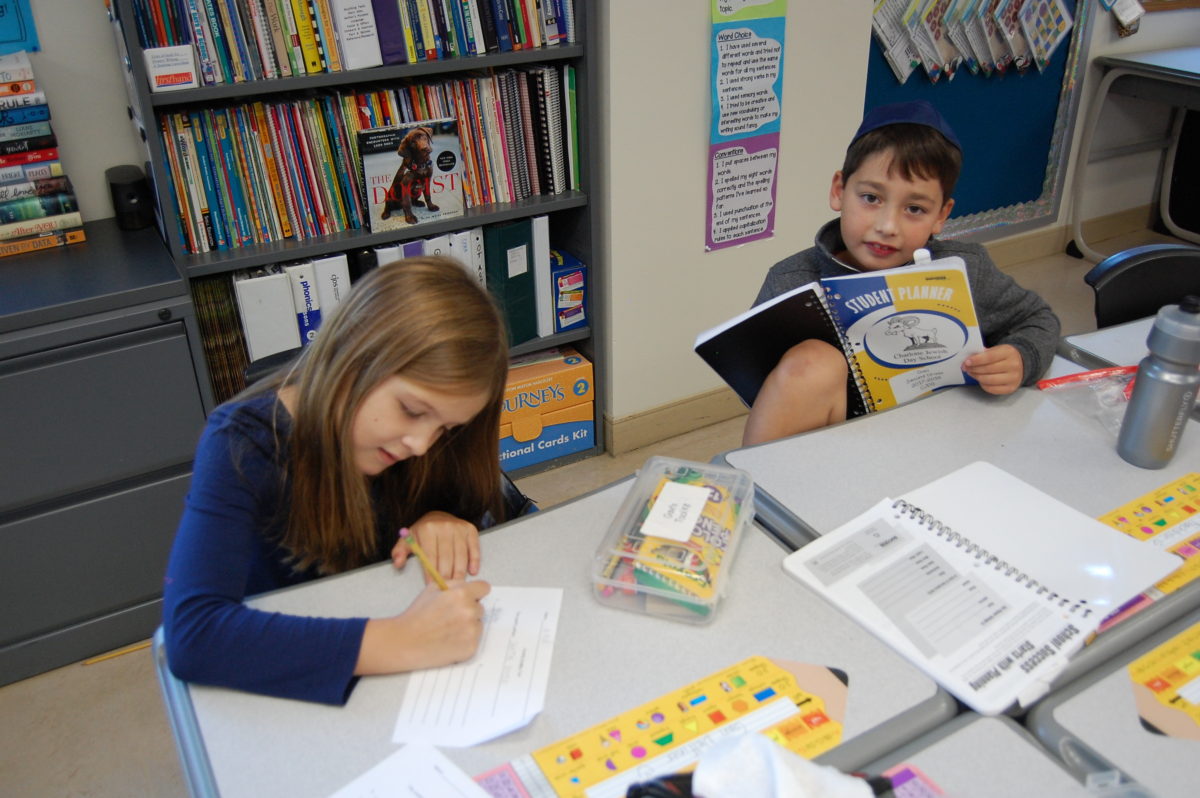
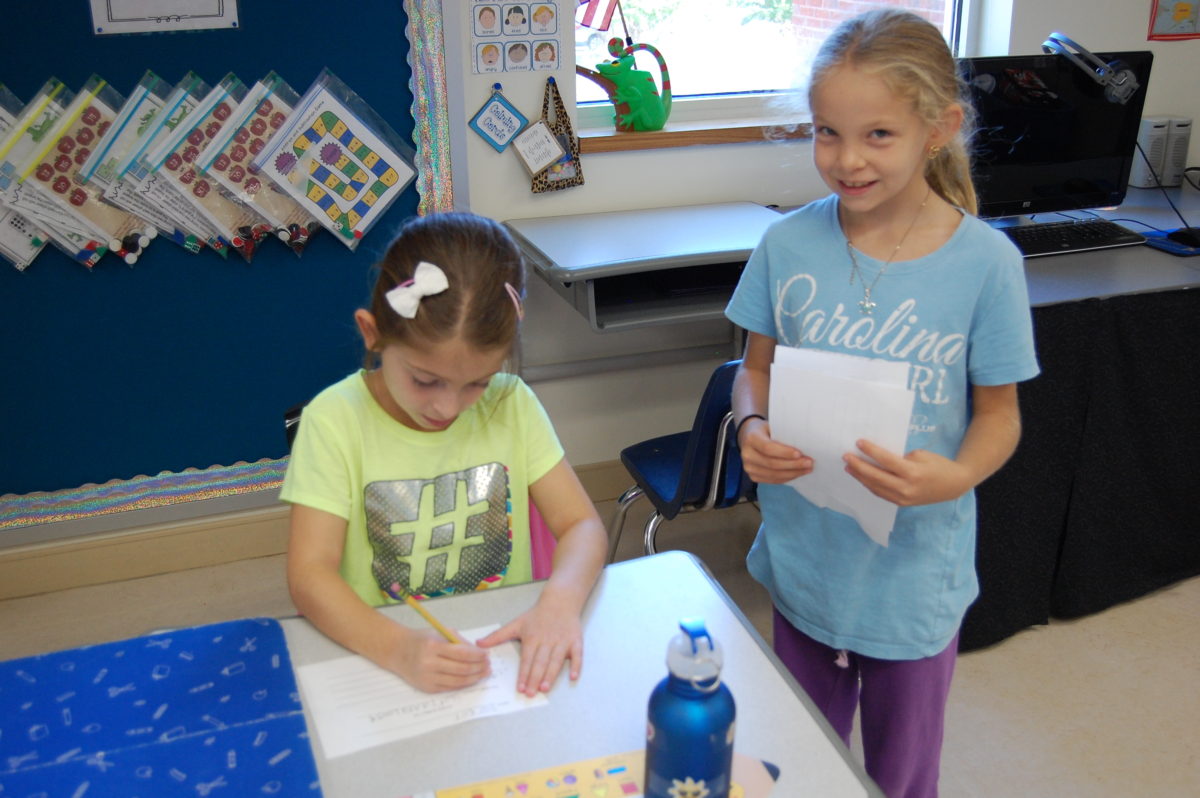
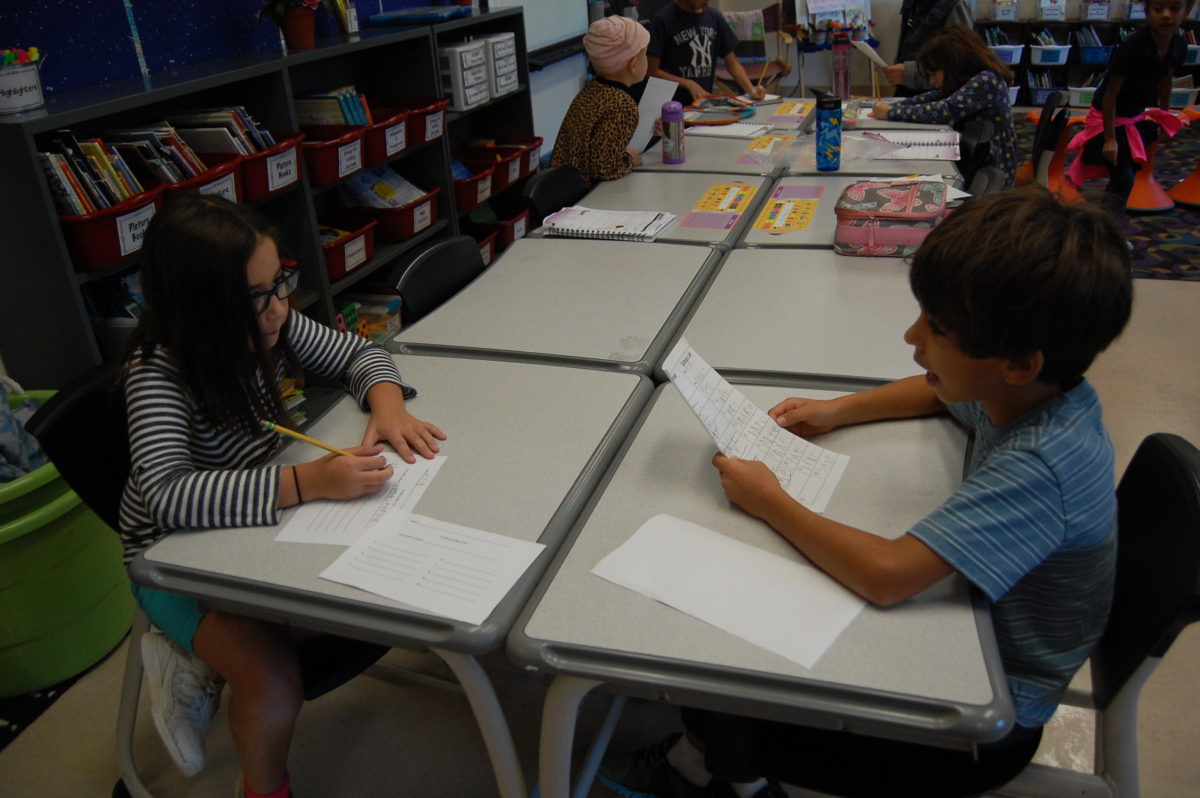
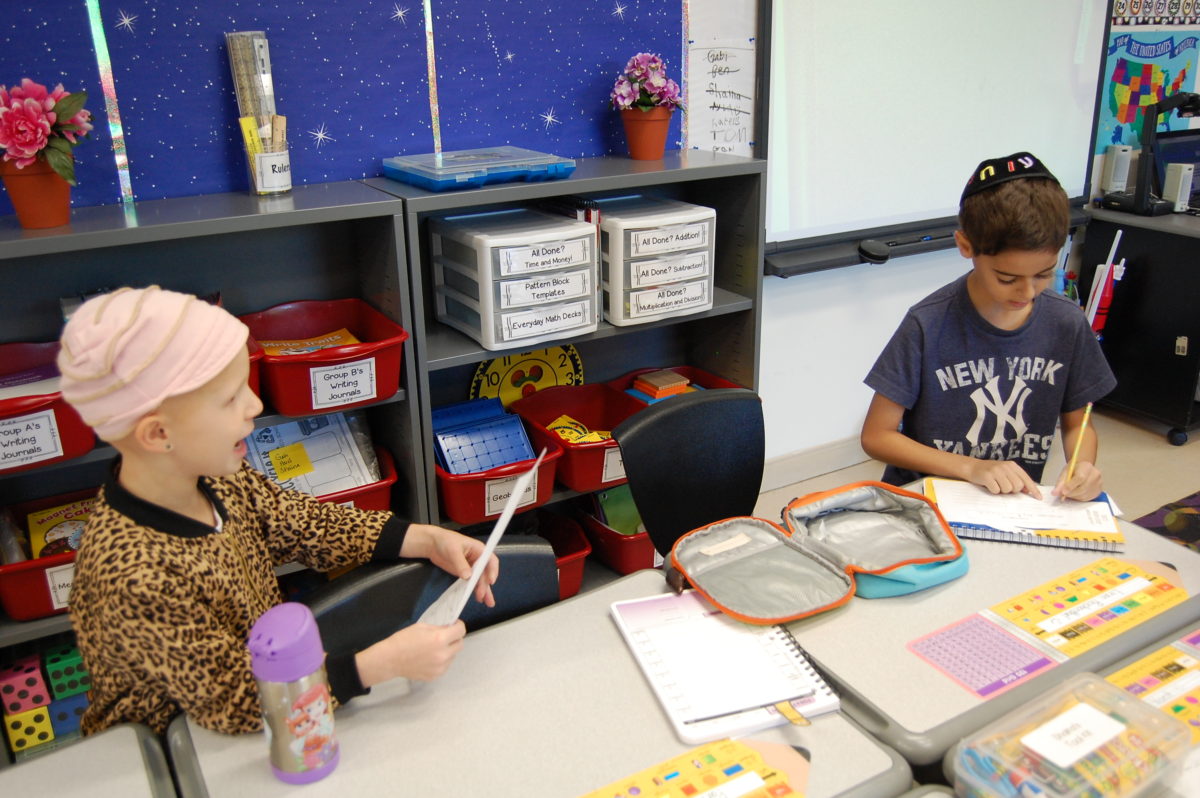
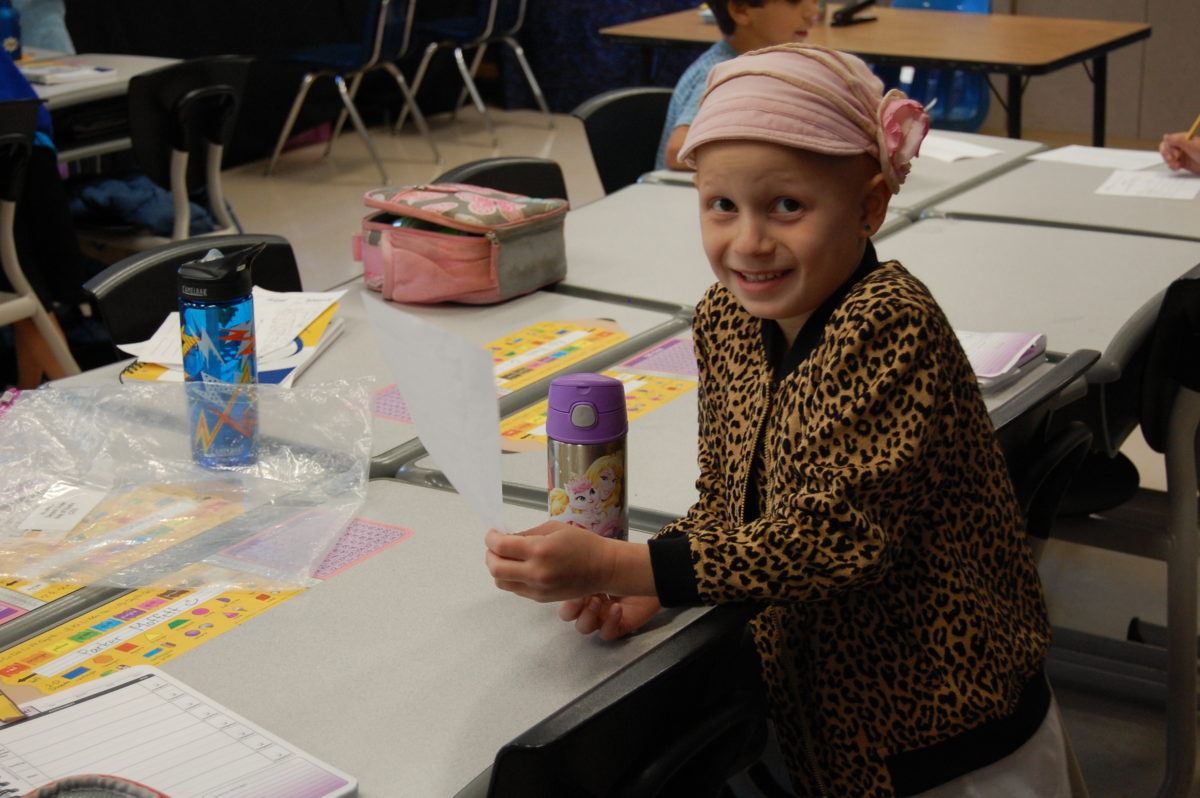
Writing
Next week the students will begin our Write Traits curriculum. Using this curriculum, the students will create ideas for writing, organize their work, develop stronger word choices, build sentence fluency, and practice writing conventions. Our first unit focuses on choosing good story ideas from the students’ own lives that they can fill with vivid details. Your family’s activities from this weekend could be the topic of your child’s story!
Math
The students worked on telling time to the closest minute this week. This is a tricky skill that students can practice anytime they see a clock! We also worked on money and number grid puzzles. The number grid puzzles have students think of the number that is one less or one more than a given number, as well as what is ten more or ten less than that number. For example: What is one more than 55? One less? Now, what number is ten more than 55? Ten less? This is another skill you can practice with your child by giving them any one, two, or three digit number and asking them the previous questions. We will continue to study these skills next week, as well as place value, calendars, and and greater than, less than, and equal to.
We began our speed drills this week, and all students started with the easy subtraction drill. The speed drills require the students to complete 25 math facts in a minute. This helps the students build math fact fluency that will greatly support them as our math curriculum gets more challenging. The next level of speed drill is difficult addition which contains facts like 8 + 7 = 15 and 12 + 7 = 19.
The students had a great time playing math games this week, like “Addition top-it”. These games require the students to be problem solvers and think about addition and subtraction strategies! Here are some of our mathematicians hard at work!

Project Based Learning- Social Studies
The students began their first social studies unit on Being Good Citizens. They watched videos about the ways citizens help their communities through volunteering, staying informed, and voting. They read articles and worked in groups to come up with ways citizens can support each other. Next week, we will learn about ways citizens can work together to solve problems and how to take a position on a public issue.
